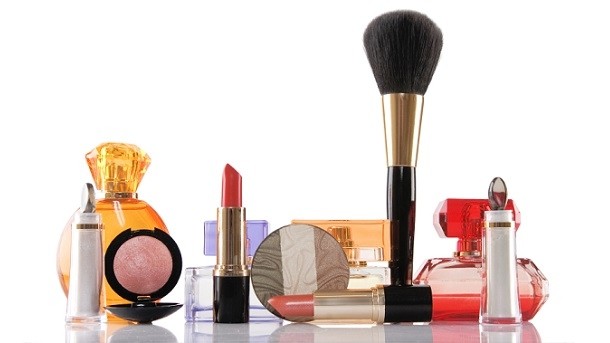CTPA says no cause for alarm over US teen cosmetics study

The study, carried out by the University of California-Berkeley, claims that avoiding certain cosmetics can reduce the number of chemicals in the body, and suggests that that these chemicals can be harmful.
It focused on teenage girls and showed that by reducing exposure to a particular substance the levels that might be found in the body or in the urine decrease; although the CTPA says this is not particularly alarming, is ‘really to be expected’, and is not specific to cosmetics.
“Of course our body is used to coping with things that we eat or may get absorbed by the skin, but these are readily metabolised and harmlessly excreted,” it says in response to the study.
“The levels that we get rid of will be dependent on what we put in. However, what is really important to remember is not whether we can detect the presence of a substance in the body or urine, but whether the presence of that substance can actually cause us harm.”
The UK trade association argues that any substances present in the body resulting from cosmetic use will not accumulate within the body to reach unsafe levels.
Certain ingredients
In the study certain ingredients, such as phthalates, parabens, triclosan and oxybenzone, were chosen because they could be potential endocrine disruptors.
The issue the CTPA has here is that nowhere does the study itself demonstrate any endocrine disrupting property or show any negative impact from exposure to the chosen chemicals.
“We would like to emphasise that endocrine disruptors are not used in cosmetic products. It’s worth knowing that just because something has the potential to mimic a hormone it does not mean it will disrupt your endocrine system,” the CTPA continues.
“Endocrine mimics are abundant in nature and we ingest them in the food we eat in concentrations whose effect would be very many times greater than you could possibly get from cosmetic products.”
Strict regulation
Cosmetics are applied directly to skin, hair and nails so it is crucial that they are safe to use. Years of scientific research and testing goes into making each and every item in our bathroom cabinets and make-up bags. It takes whole teams of scientists to develop just one new product.
Regulations are in place to ensure that cosmetic and personal care products, wherever in the world they are placed on the market, are safe.
The CTPA states that in the UK (and throughout the EU) cosmetic products are covered by strict European safety laws, whose primary purpose is to protect human safety.
All cosmetic products must undergo a rigorous safety assessment by an appropriately qualified scientist, before being made available for purchase, and this takes account of all the ingredients used in the product, irrespective of their source, how the product will be used, by whom and how often.
“It is disappointing that legally allowed and safe cosmetic ingredients have been unfairly called into questions by this study,” ends the CTPA.



















